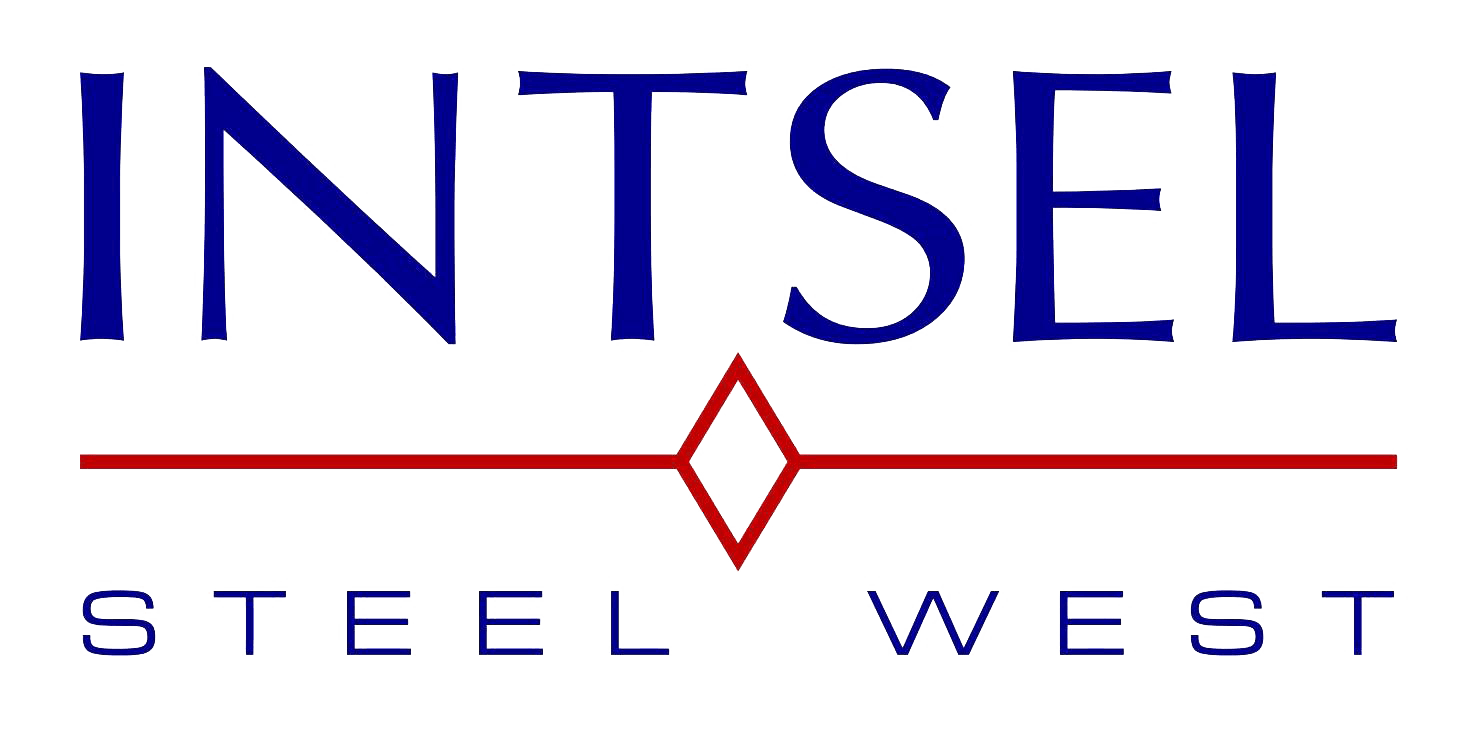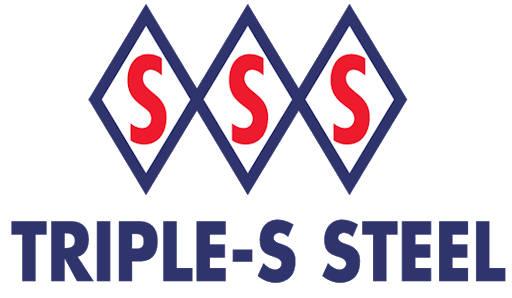



Market Research Future (MRF) has forecasted that by 2028 the global steel market will be worth $1.43 trillion. Structural steel is already one of the most common materials used in construction, and with good reason.
When it comes to steel, there are a lot of options available, and understanding these options is essential. Intsel Steel West is one of the leading suppliers of structural steel in Utah, fully prepared to help with any project. If you want to know what sort of structural steel you can have delivered fast, keep reading.
Simply put, steel is an alloy of iron and carbon. During the manufacturing process, the amount of carbon, as well as various other elements, determines the type of steel. These other elements have an overall effect on the final product in terms of a number of characteristics. This may include strength, corrosion resistance, ductility, and heat resistance.
ASTM International (American Society for Testing and Materials) regulates the standards by which steel is made. These standards dictate the different properties that materials must meet. This includes properties such as chemical composition, mechanical properties, sizes, shapes, etc. There are five different main types of structural steel, as determined by the ASTM.
Specifications state that carbon steel must have a carbon content between 0.05 and 2.1 percent. Other alloying elements may be present, and there is no specified minimum content for these. Such elements include cobalt, nickel, and tungsten. The use of different alloying elements is for cases where different properties are needed in the metal. Within this type, there are 3 categories: low carbon, medium carbon, and high carbon. The application will determine which one is needed for a project.
Carbon steel is widely used for structural applications, as well as a number of other uses:
Unlike other structural steels, this type is defined by specific mechanical properties, rather than a chemical composition. The mechanical properties are generally more desirable than the other steels mentioned here. To ensure it is formable and weldable the carbon content must be 0.05% to 0.25%. The yield strength can fall between 36,000 psi and 86,000 psi.
The high strength and toughness mean it requires more power to form than carbon steels (usually 25-30% more). The results, however, mean that the finished part can be 20-30% lighter than carbon steels, without compromising any strength.
Most uses of this steel are in applications where it will undergo high amounts of stress, or where the strength-to-weight ratio is a deciding factor:
This type of steel is often deliberately exposed to weathering, causing it to develop a rust-like surface layer. This layer is actually protective, and as such it requires no painting. Because of this, it is often called weathering steel. The rusted appearance of the protective layer is often considered a desirable aesthetic, which is one reason it may be used.
This is commonly used for outdoor structures/applications:
Quenching is the process of heating, and then rapidly cooling steel. It is a very controlled process to ensure the final product is not distorted or brittle. Tempering can be done after quenching. Tempering involves heating the steel again, but then letting it cool naturally in the air. This is done when the steel is too hard, making it more ductile and easier to form.
Quenched and tempered steel is often used for the following:
Forged steel has both very high fatigue and tensile strength. It is also more ductile than other steel types. The manufacturing process involves alloying iron and carbon under very high pressure.
The temperature used will depend on the desired end product. Forging at a low temperature allows the steel to be conserved better and results in a more desirable finish. A higher temperature will give increased formability. This means the steel requires less force to form into shape.
Forged steel has several common uses:
Intsel Steel West has a warehouse located in Salt Lake City, which is fully equipped to produce high-quality steel as and when it is needed. Steel delivery is available all over the Western United States. We have various types of steel, available in a wide variety of standard shapes and sizes. We are also able to produce custom parts if needed.
We are also capable of handling bulk orders, and getting them out to any worksite in Utah. Next-day delivery is available, so if your time frame is short, that won’t be a problem.
At Intsel steel we offer all types of steel, here are some of our popular products:
See all of our steel products here.
With all the structural steel options available it can be hard to know what the right choice is. The team at Intsel Steel West are always happy to provide expert advice to make sure you’ve got what you need. If you are in need of structural steel in Utah and want to find out more about our statewide delivery, click here and let us know how we can help!